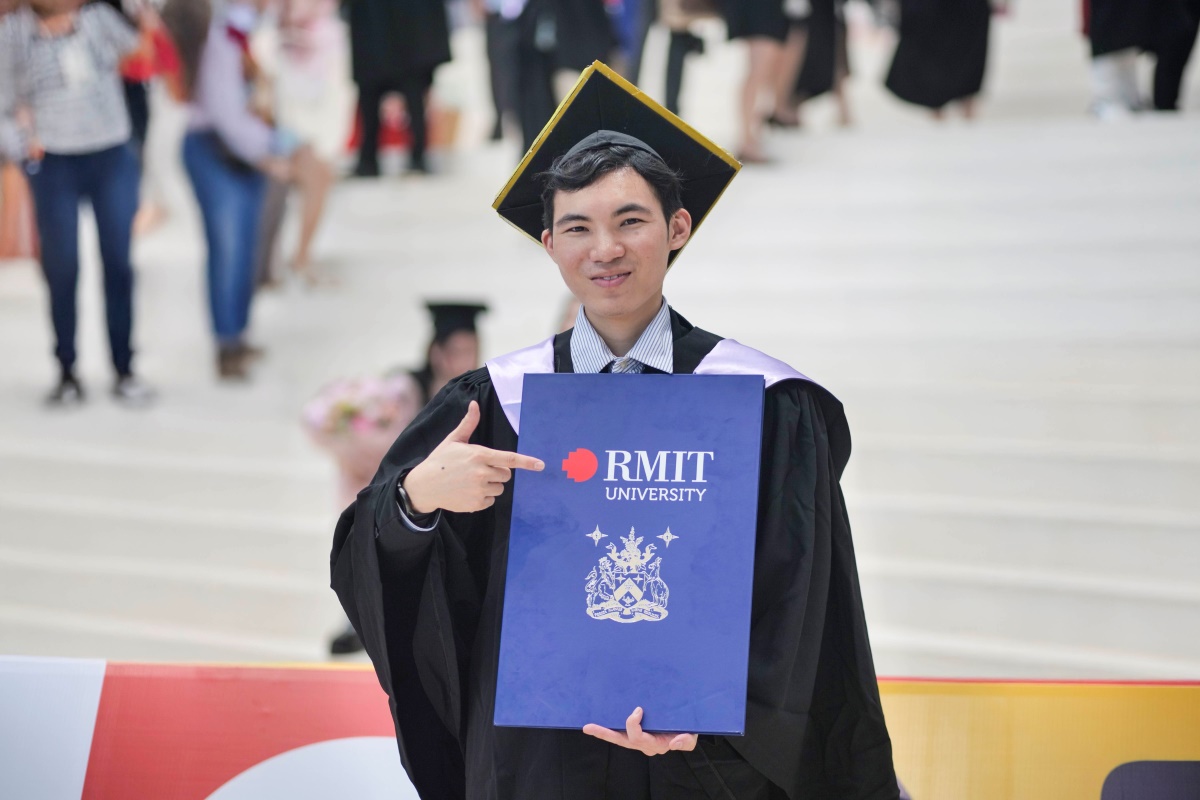Another example is chatbots and virtual assistants, which use natural language processing (NLP) to engage with customers in real time on social media platforms.
“Chatbots answer queries, provide product information, and guide customers through the purchase process,” she elaborated.
Other AI-enhanced marketing techniques include:
- Predictive analytics which analyse historical data from social media to anticipate customer needs and offer timely and relevant products.
- Sentiment analysis which examines social media posts and customer reviews to evaluate customer sentiment towards products and brands, allowing marketers to tailor marketing strategies.
- Dynamic pricing which monitors prices in real time based on demand, competition, and other market factors to ensure optimal pricing that maximises sales and profits.
RMIT Senior Lecturer Umair Akram shared some successful AI implementations in Vietnam.
VietJet's campaign developed by PMAX in 2023 used a Customer Data Platform (CDP) to analyse more than 150 million consumer records. This created more than 300 customer segments and deployed personalised ads across 25 plus channels. VietJet achieved six times higher sales compared to the same period in 2022, 1.7 million flight bookings, and a 75 per cent year-over-year increase in monthly active users on their app.
The strategic use of AI for personalised ad targeting and real-time customer insights demonstrates the potential of AI in transforming social media marketing.
Samsung's campaign for the Galaxy Z Flip4 and Fold4, managed by Cheil Vietnam, used an AI-driven CDP to analyse customer data and generate more than 300 segments. This enabled personalised ads across multiple channels, including Instagram and TikTok, targeting Gen Z consumers.
The campaign, which included the innovative “Galaxy ME” platform and collaborations with fashion designers, achieved a 96.4 per cent share of buzz, 97 per cent brand awareness, and significant increases in purchase intent and sales. This AI implementation not only boosted engagement but solidified Samsung's leadership in the foldable smartphone market.





